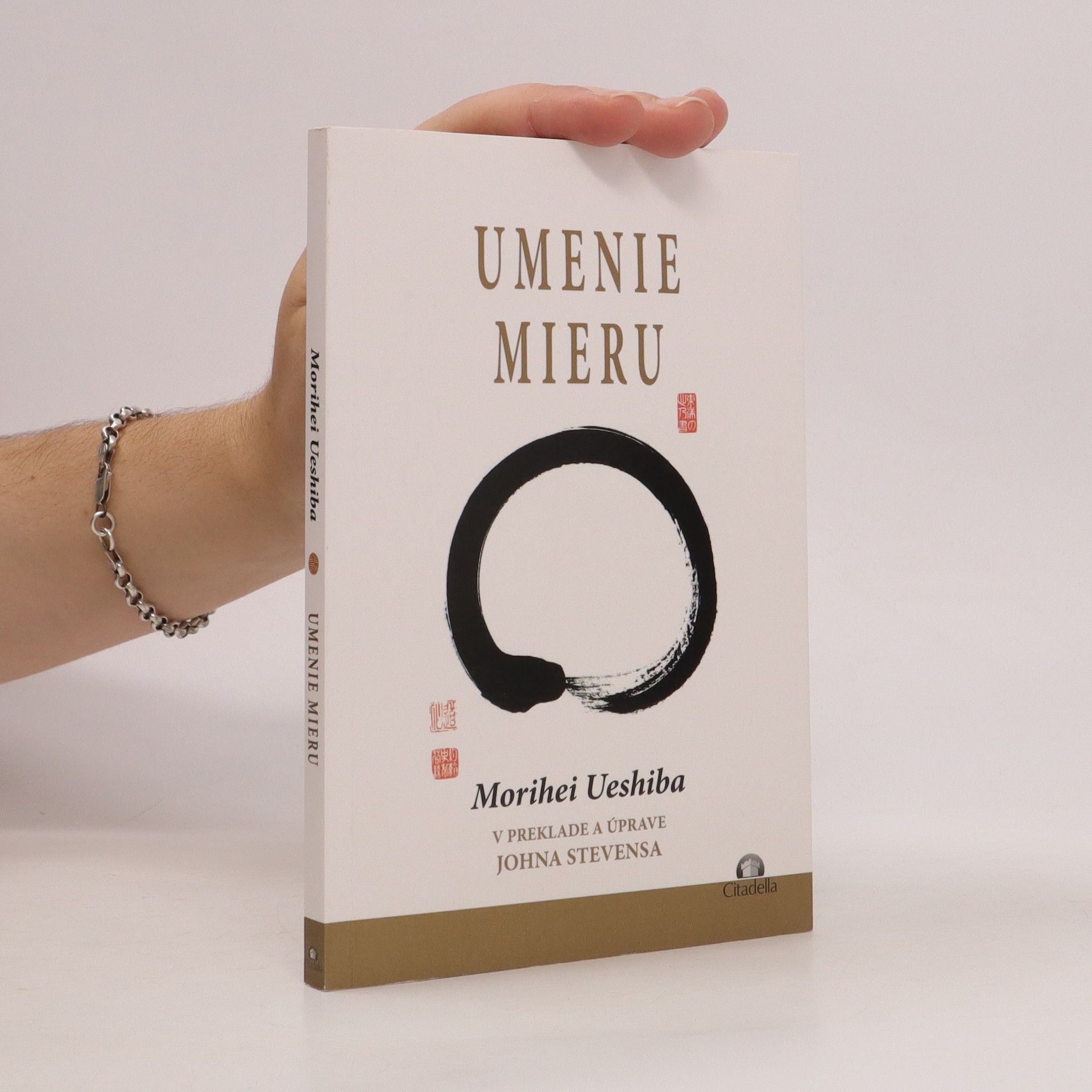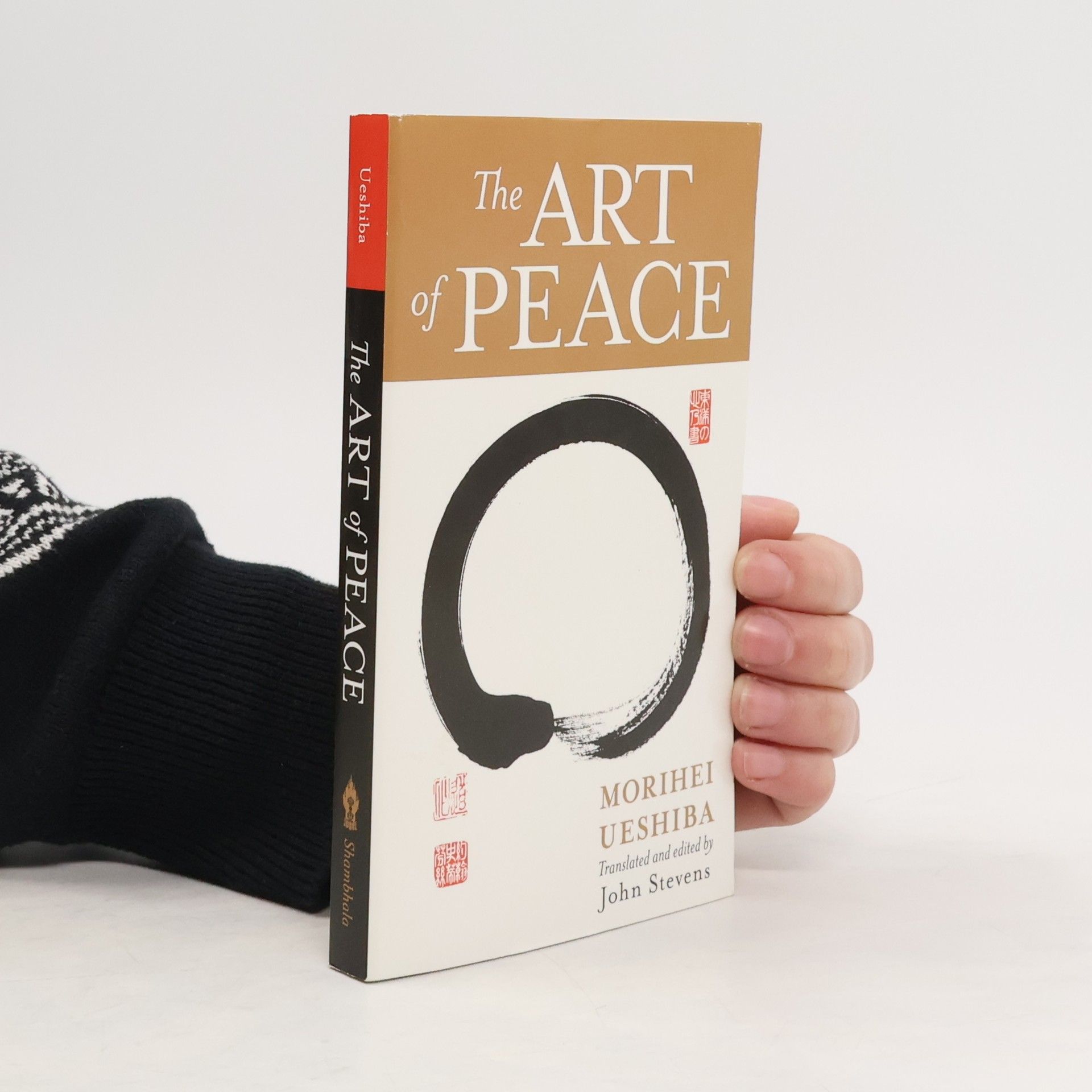Essence Of Aikido, The: Spiritual Teachings Of Morihei Ueshiba
- 200pages
- 7 heures de lecture





The real way of the warrior is based on compassion, wisdom, fearlessness, and love of nature. So taught the great Morihei Ueshiba (1883–1969), founder of the Japanese martial art of Aikido. Aikido is a disciple Ueshiba called the “Art of Peace.” It offers a nonviolent way to victory in the face of conflict, and he believed that Aikido principles could be applied to all the challenges we face in life—in personal and business relationships, as well as in our interactions with society. These succinct and pithy teachings are drawn from his talks and writings. The collection is compiled by the renowned modern Aikidoist John Stevens, a disciple of Ueshiba.
Das Lehrbuch des Gründers des Aikido
Morihei Ueshiba, einer der größten Kampfkunst-Meister, präsentiert in seinem Werk "Budô" die Verbindung von technischer Meisterschaft und spiritueller Einsicht. Dieses 1938 geschriebene Lehrbuch bietet seltene persönliche Einblicke und 421 Fotos, die seine Hingabe an Aikidô dokumentieren. Es gilt als das wichtigste Buch über Aikido.
Inšpiratívne učenie v tomto výbere ukazuje, že skutočná cesta bojovníka sa zakladá na súcite, múdrosti, nebojácnosti a láske k prírode. Učenie čerpá z rozhovorov a rukopisov Moriheiho Ueshibu, zakladateľa populárneho japonského bojového umenia aikido. Toto cvičenie tela a mysle, ktoré nazval „umením mieru“, ponúka pri konflikte nenásilnú cestu k víťazstvu. Ueshiba je presvedčený, že princípy aikida sa dajú aplikovať na všetky výzvy, ktorým v živote čelíme – v osobných vzťahoch, v našom kontakte so spoločnosťou, ako aj v práci a podnikaní. Kniha je rozšírenejšou verziou pôvodného menšieho vydania, ktoré vyšlo v o vydavateľstve Shmabhala Pocket Classics. Prináša množstvo nových materiálov vrátane Ueshibovho životopisu; esej Johna Stevensa, ktorá predstavuje Ueshibove názory na „umenie vojny verzus umenie mieru“; nanovo preloženú doku, didaktické „básne Cesty“; a Ueshibove vlastnoručné kaligrafie.